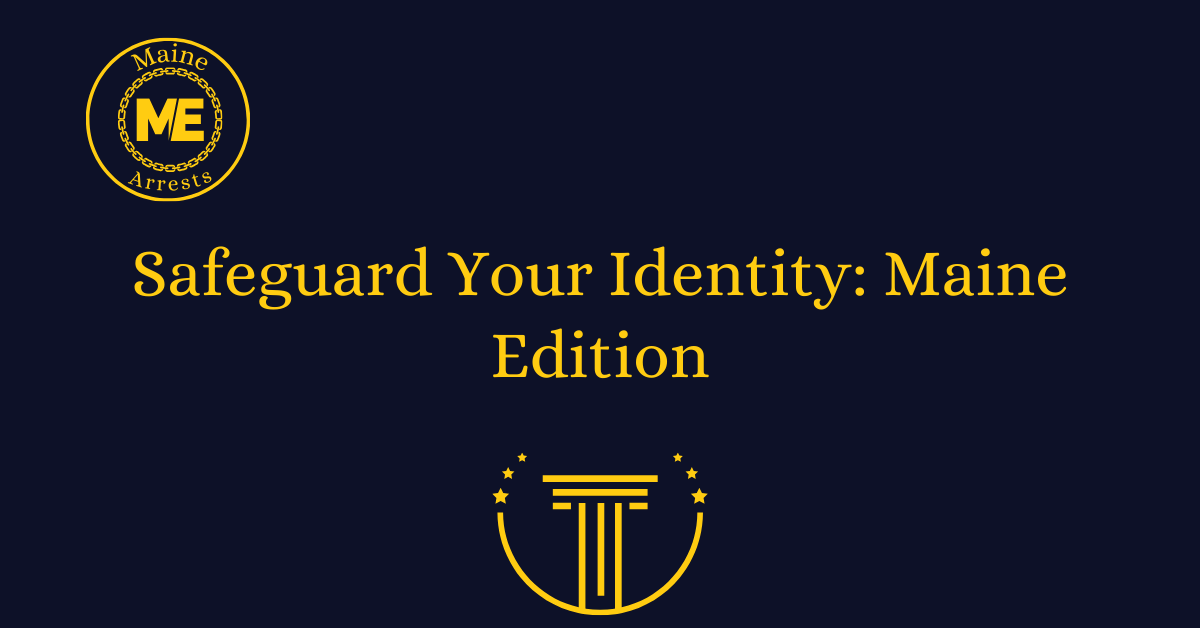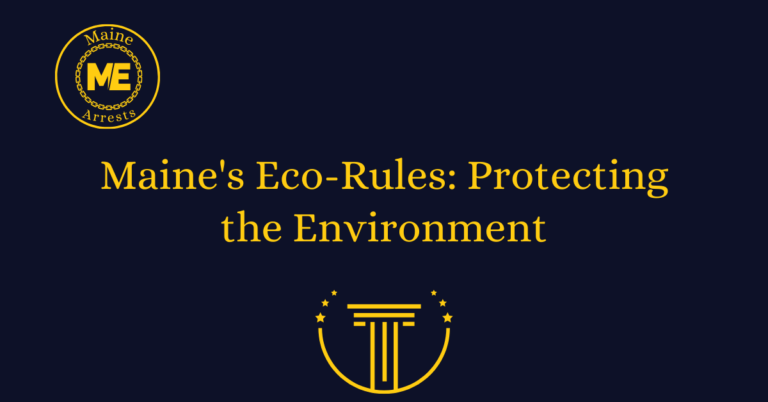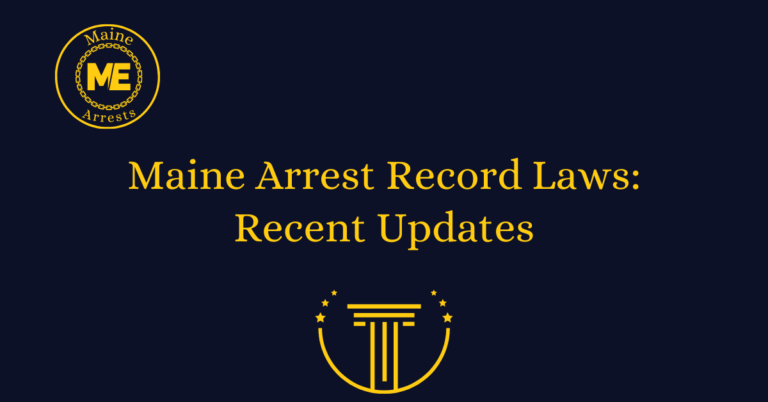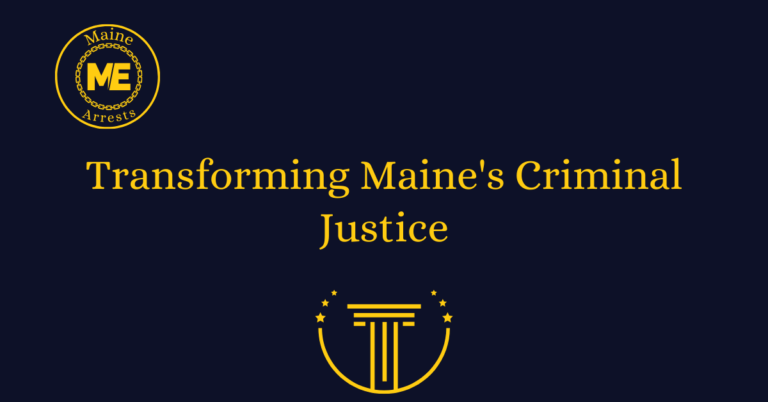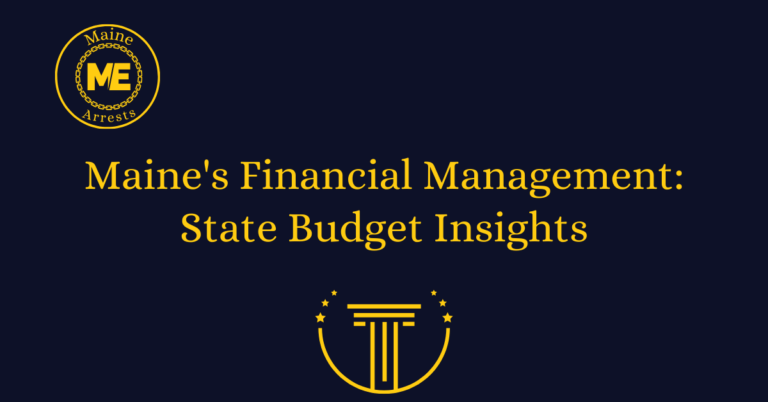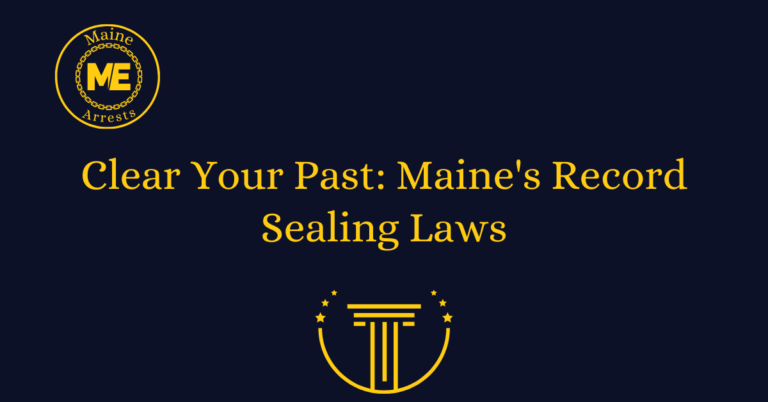Safeguard Your Identity: Maine Edition
In today’s digital age, safeguarding your identity has become more critical than ever before. With the proliferation of online transactions, social media platforms, and data breaches, Mainers, like individuals across the globe, are increasingly vulnerable to identity theft and fraud. Fortunately, there are proactive steps you can take to protect yourself and your personal information. In this guide, we’ll explore some essential strategies tailored specifically to residents of Maine.
Understanding the Threat Landscape
Before delving into protective measures, it’s crucial to grasp the prevalent threats to your identity in Maine. Like any other state, Maine is not immune to cybercrime and identity theft. From phishing scams and data breaches to identity theft rings, malicious actors employ various tactics to exploit unsuspecting individuals.
Securing Your Personal Information
One of the fundamental steps in safeguarding your identity is to secure your personal information. This includes sensitive data such as your Social Security number, driver’s license number, and financial account details. Here are some practical tips:
- Shred Sensitive Documents: Invest in a cross-cut shredder to dispose of documents containing personal information, such as bank statements, credit card offers, and utility bills.
- Secure Your Devices: Ensure that your computers, smartphones, and tablets are protected with up-to-date antivirus software and firewalls. Use strong, unique passwords for each device and enable biometric authentication where possible.
- Be Wary of Unsolicited Communications: Exercise caution when receiving emails, texts, or phone calls requesting personal information. Legitimate organizations typically don’t ask for sensitive data via these channels. Verify the authenticity of requests by contacting the company directly through trusted means.
- Monitor Your Financial Accounts: Regularly review your bank statements, credit card transactions, and credit reports for any suspicious activity. Report unauthorized charges or discrepancies to your financial institution immediately.
Enhancing Online Security
As Mainers increasingly conduct financial transactions and share personal information online, it’s essential to bolster your cybersecurity defenses. Consider the following strategies:
- Use Strong Passwords: Create complex passwords comprising a mix of letters, numbers, and special characters. Avoid using easily guessable information such as birthdates or pet names. Consider using a reputable password manager to securely store and generate passwords.
- Enable Two-Factor Authentication (2FA): Add an extra layer of security to your online accounts by enabling 2FA wherever possible. This typically involves entering a one-time code sent to your mobile device or generated by an authenticator app in addition to your password.
- Keep Software Updated: Regularly update your operating system, web browsers, and applications to patch security vulnerabilities. Cybercriminals often exploit outdated software to gain unauthorized access to devices and networks.
- Encrypt Sensitive Data: Utilize encryption tools to protect sensitive data, both in transit and at rest. Encrypting your emails, messages, and files can prevent unauthorized access in the event of a security breach.
Staying Vigilant Against Scams
Mainers should remain vigilant against various scams aimed at defrauding individuals of their money or personal information. Some common scams include:
- Phishing: Be wary of unsolicited emails or messages purportedly from legitimate organizations, requesting sensitive information or prompting you to click on malicious links. Verify the sender’s identity and refrain from providing personal details unless certain of the request’s legitimacy.
- Impersonation Scams: Exercise caution when receiving unexpected calls or messages from individuals claiming to be government officials, financial institutions, or tech support representatives. Legitimate entities typically won’t demand immediate payment or sensitive information over the phone.
- Charity Scams: Exercise due diligence before donating to charitable organizations, especially in response to unsolicited requests. Verify the legitimacy of the charity and ensure your contribution will be used for its intended purpose.
FAQS
What specific identity theft risks are unique to Maine?
Maine, like any other state, faces various identity theft risks. However, factors such as its rural areas, reliance on traditional industries, and distinct demographics may influence the types of identity theft prevalent in the state. Stay informed about local scams and potential threats.
Are there any recent trends or notable cases of identity theft in Maine?
Stay updated on recent incidents or trends in identity theft specific to Maine. Regularly check local news sources, government alerts, and community forums to be aware of any emerging threats.
How can I protect my personal information when living in a rural area of Maine?
Living in a rural area can pose unique challenges for safeguarding your identity. Ensure that your online accounts have strong, unique passwords, and consider using two-factor authentication. Be cautious when sharing personal information, even in small communities, and monitor your financial statements regularly.
Are there local resources in Maine to help victims of identity theft?
Maine likely has resources and support systems in place for victims of identity theft. Check with local law enforcement, consumer protection agencies, or non-profit organizations for assistance. Understanding the available resources can be crucial in mitigating the impact of identity theft.
How can I protect my identity when using online services in Maine?
Whether you’re shopping online or accessing various services, practice safe online habits. Use secure, reputable websites, be cautious about sharing personal information online, and regularly update your passwords. Additionally, consider using virtual private networks (VPNs) for added security.
Are there any Maine-specific regulations or laws related to identity theft?
Research and familiarize yourself with any state-specific laws or regulations related to identity theft in Maine. Understanding the legal landscape can help you take appropriate actions in case of an identity theft incident.

